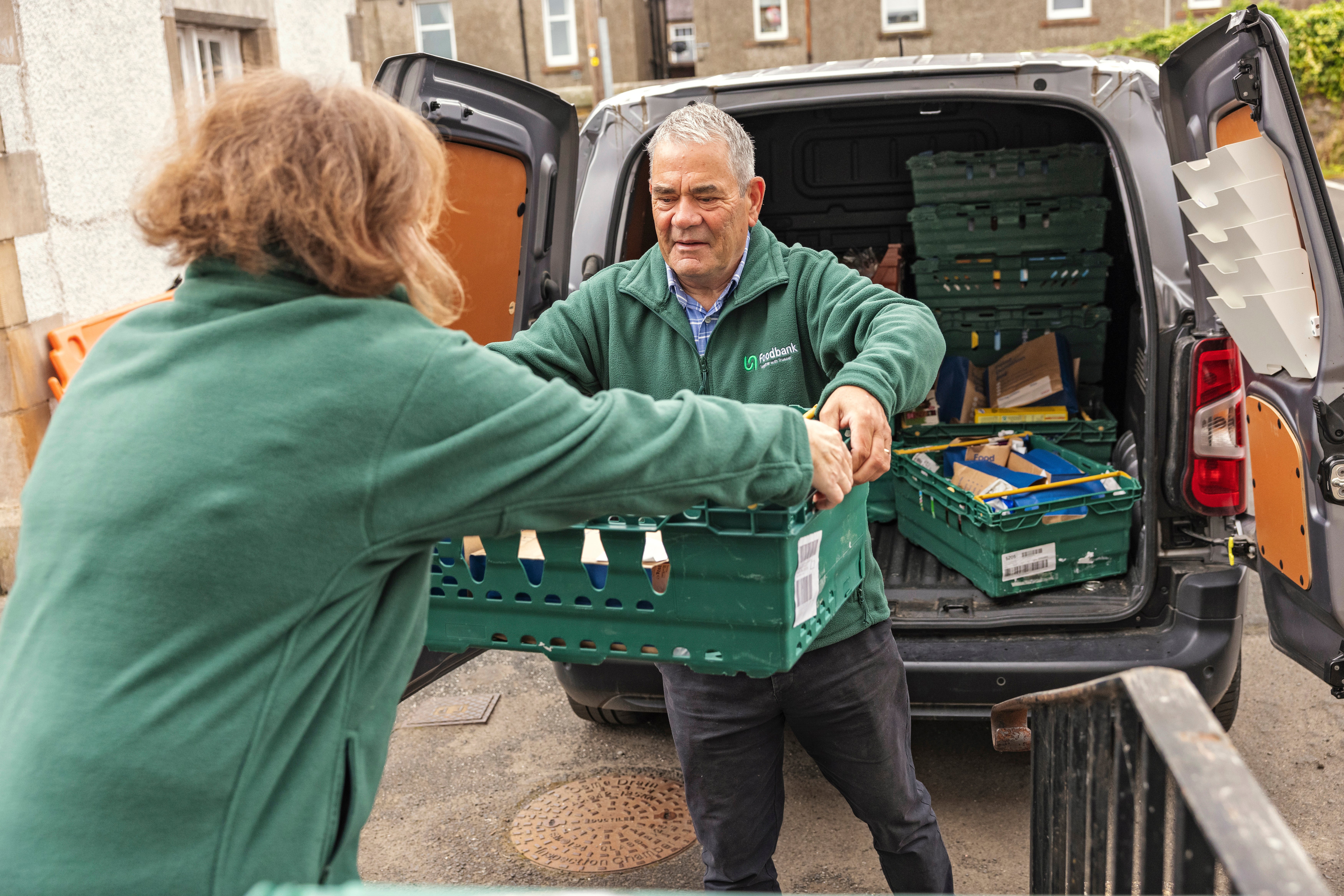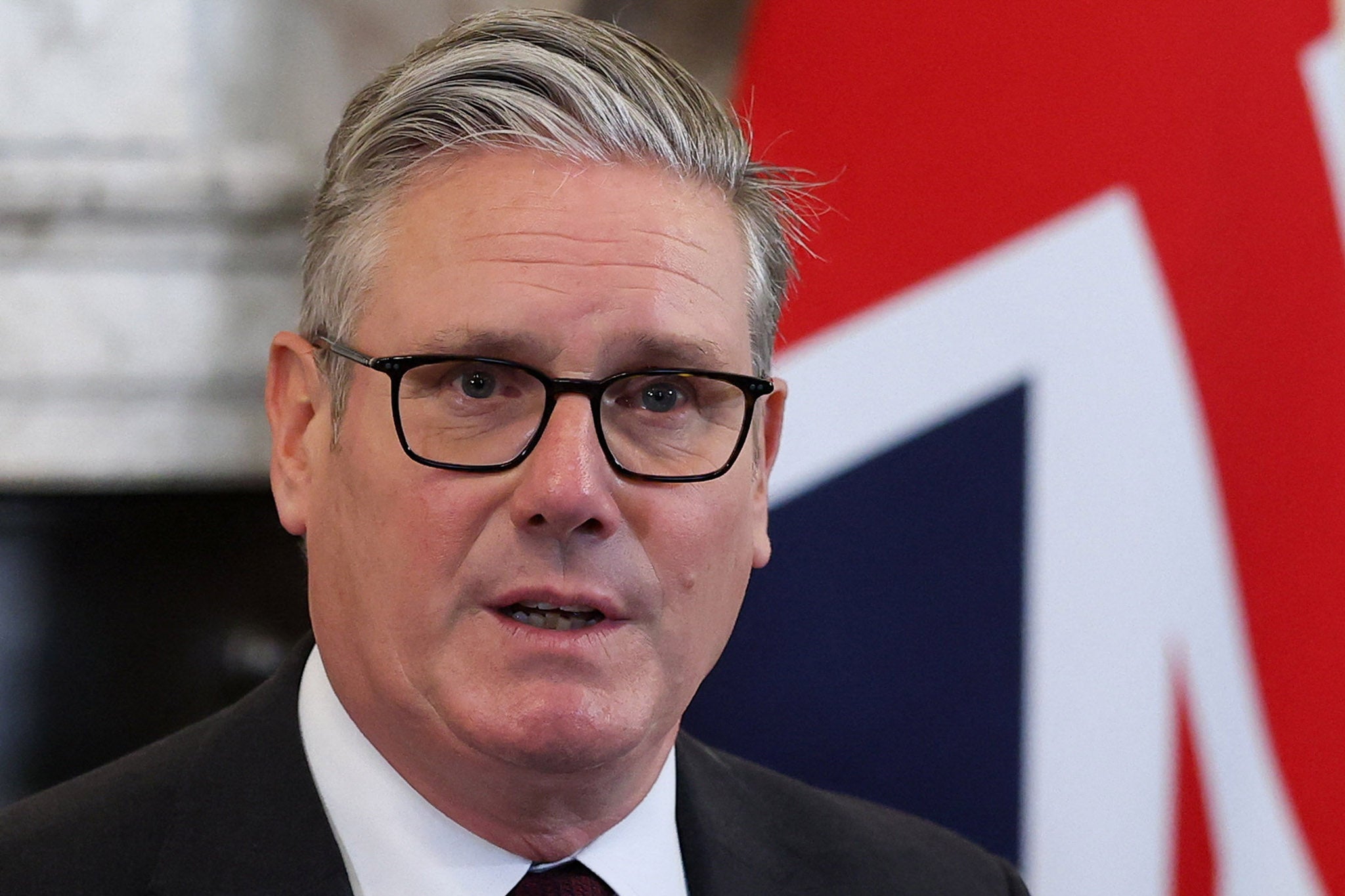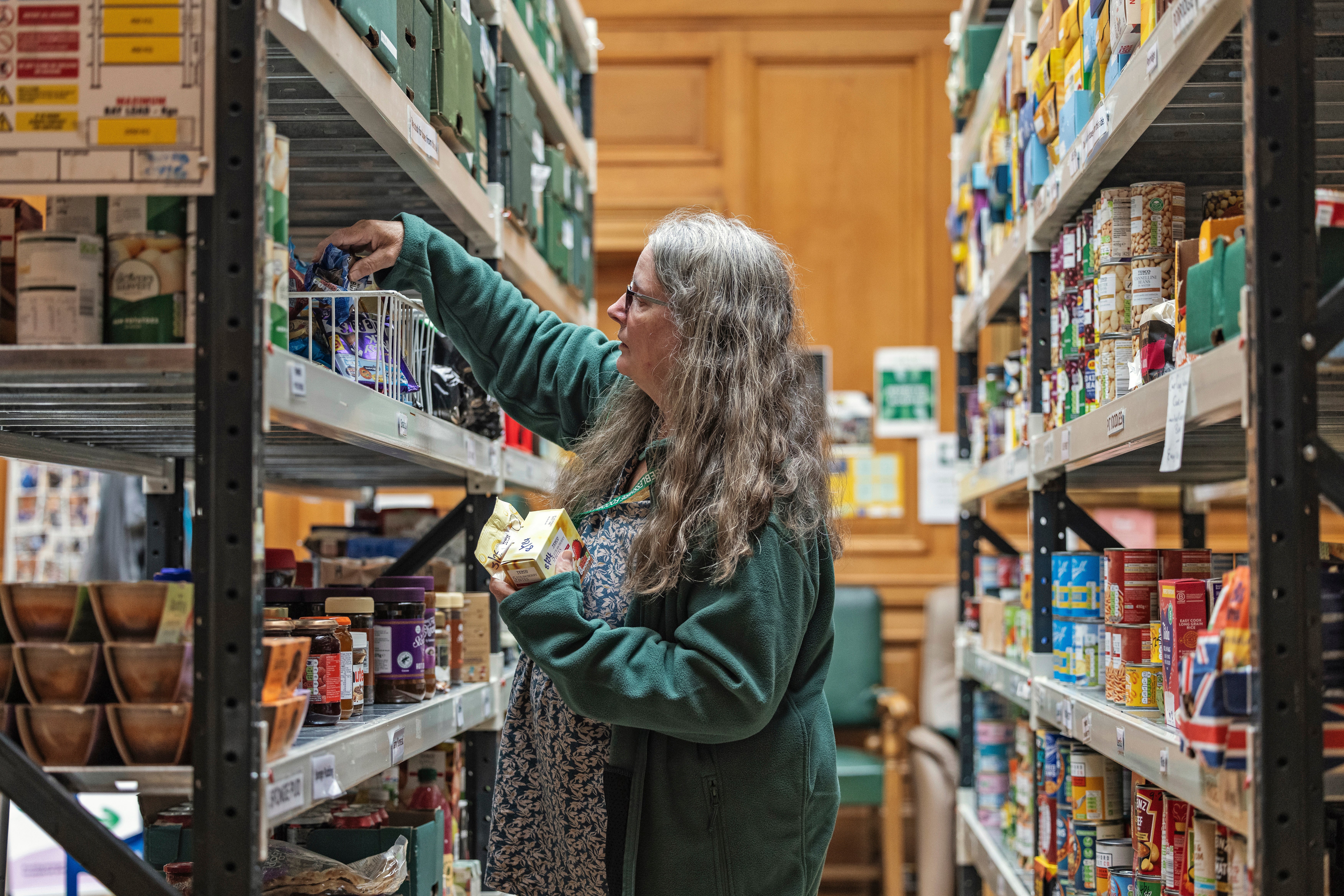Britain is facing a deepening hunger crisis with more than 14 million people going without food because they can’t afford it, shocking new analysis has revealed.
A total of 3.8 million children (27 per cent) are among those estimated to be living in homes where people are forced to skip or cut back on meals because of financial concerns, a report by the food bank network Trussell has found.
The figures show a stark rise from the same report in 2022 – when 11.6 million were facing hunger – and lays bare the growing cost of living crisis gripping Britain.
Experts behind the research blamed the crisis on low incomes, insufficient benefit rates, rising rents and soaring energy bills as they warned that the situation was only getting worse and urged Labour to take swift action, including by ending the two-child benefit cap.

Politicians and campaigners hit out at the findings, describing hunger as “a scandalous political failure” and saying that the research should “shame the government to its core”.
Helen Barnard, director of policy, research and impact at Trussell, said: “Hunger and hardship are increasingly seen as a normal part of everyday life in the UK. This is not an inevitable trend, but the result of systems that urgently need updating.”
The report also found that:
- Around three in 10 children (31 per cent) aged five and under are living in households facing hunger
- Nearly three in 10 households (30 per cent) using food banks are in working families, showing that “paid employment no longer protects people from hardship”
- More than a quarter of private renters (28 per cent) suffered food insecurity in 2024, rising to 44 per cent of people living in social rented housing. For homeowners, the rate drops to 8 per cent
The Trussell analysis – based on an Ipsos survey of almost 4,000 adults referred to UK food banks – was carried out in the middle of 2024, around the time that Labour came to power. But researchers say the issue has only deteriorated since then as the government has failed to tackle the rising hunger crisis.
In its election manifesto, Labour pledged to end the “moral scar” of mass reliance on food parcels, and promised to launch an “ambitious strategy” to tackle child poverty. However, the publication of this long-awaited plan was delayed from spring to autumn this year.
The government is under pressure to scrap the two-child benefit cap, which prevents parents from claiming universal credit or tax credits for a third or subsequent child. Experts say ending the Conservative-era policy would lift 670,000 people out of severe hardship, including 470,000 children.
It is one of the many battles Sir Keir Starmer has faced since coming to power, after he was forced into a dramatic climbdown over his welfare bill to avert a major Labour rebellion.

Alison Garnham, chief executive of the Child Poverty Action Group, said: “The two-child limit is rolling out hunger and hardship right across the country, pulling more than 100 children into poverty every day.
“Unless the policy is scrapped, there will be more children in poverty at the end of this parliament than when Labour took office – and the government’s promise to deliver will ring hollow to millions of families.”
Annie, a mum from the southwest of England, said: “As a single mum with a job in retail, I work all the hours I can to provide for my daughter. But my income is so low that it needs to be topped up by universal credit – and even then, it’s still not enough to cover the rising cost of living.
“By the end of the month, all the money has run out, and I often skip meals to make sure my daughter can eat. There are times when we’ve had no choice but to go to the food bank. I am grateful the food bank is there to support me – but it shouldn’t have to be this way.”
Left-wing Labour MP Kim Johnson described hunger in Britain as “a scandalous political failure, not an inevitability”, adding: “Years of austerity, insecure work, stagnant wages and a broken welfare system have pushed millions into hardship while the wealthy few continue to thrive. People deserve dignity, not destitution.”
Labour MP Debbie Abrahams, chair of the work and pensions committee, said the findings are “deeply concerning, though sadly not surprising”.
“Today’s figures show an increase of 2.5 million people in the UK facing hunger due to financial hardship since 2022. This reflects what I see in my own constituency,” she said. “I am determined to work with government to address the poverty and inequality too many of our citizens face.”

Independent MP Rachael Maskell, who was suspended from Labour after rebelling against Sir Keir’s welfare reforms, said it was “troubling to learn of the rise in food insecurity”.
“While the government is investing in childcare, widening the scope for free school meals and breakfast clubs, [and] raising the minimum wage, it just demonstrates how pernicious the rise in housing costs and the cost of living is in bearing down on households,” she said.
“It is vital that the government is ambitious in its plans to end child poverty this autumn, while ensuring that we see no more cuts to social security. Ultimately we need a progressive taxation system so those with plenty can support those [who have] so little, and, as the report says, are on the edge of hunger.”
As part of its recommendations, the charity also proposed that ministers end the freeze on local housing allowance (LHA), which was reintroduced in April and caps the amount households can receive in housing benefit to cover rent.
Research by the Joseph Rowntree Foundation last year showed that the freeze on LHA will make private renters £243 worse off per year in 2025-26, rising to £703 by 2029-30 if it remains in place.
Responding to Trussell’s report, chief analyst at the Joseph Rowntree Foundation, Peter Matejic said: "It's entirely unacceptable that in the UK in 2025 millions of low-income households are facing hunger and hardship, even more so given the numbers have risen so sharply."
A spokesperson for the Department for Work and Pensions said: “This government is determined to tackle the unacceptable rise in food bank dependence.
“In addition to extending free school meals and ensuring the poorest children don’t go hungry in the holidays through a new £1bn crisis support package, our child poverty taskforce will publish an ambitious strategy later this year.
“We are also overhauling jobcentres and reforming the broken welfare system to support people into good, secure jobs, while always protecting those who need it most.”
Mapped: Where families are going hungry in the UK as millions face food poverty
Starmer backs Mandelson after ‘embarrassing’ Epstein birthday note revelations: live
Starmer to meet Israeli president amid growing outrage over strike on Hamas in Qatar
Mapped: The areas where housebuilding has fallen hardest revealed







